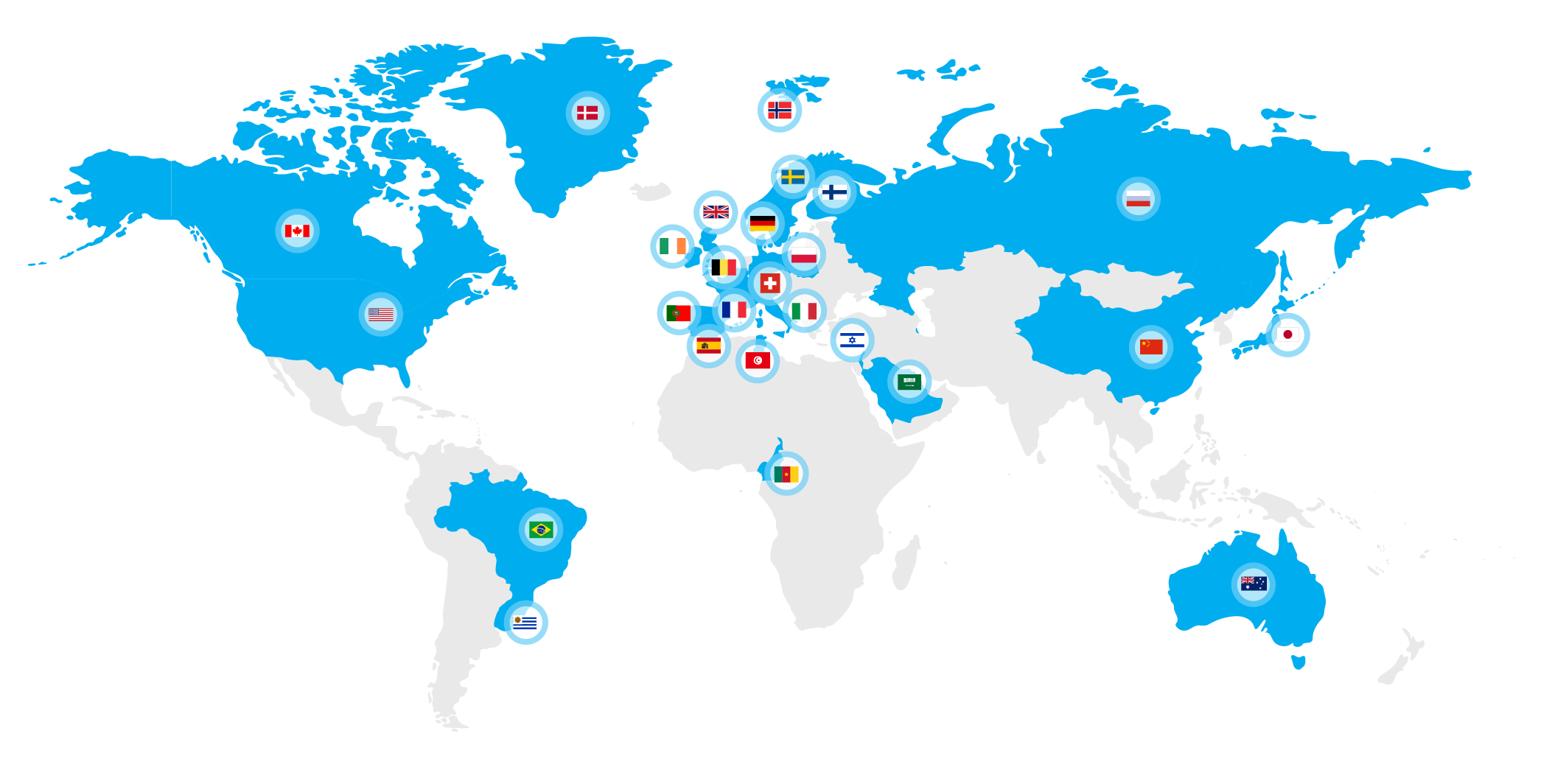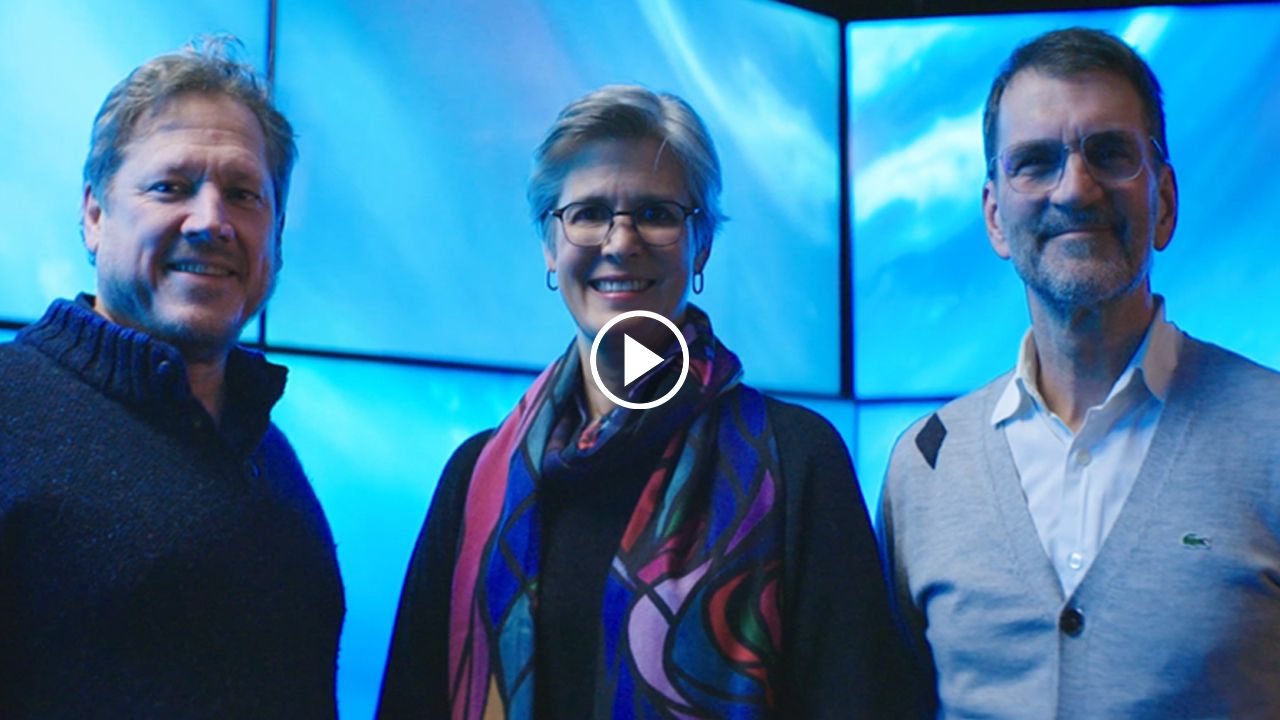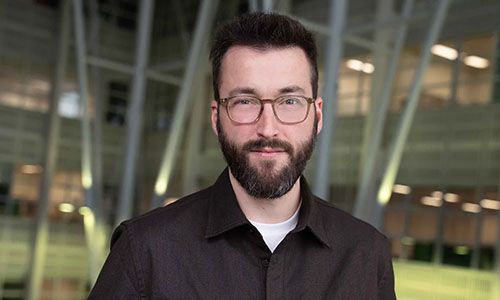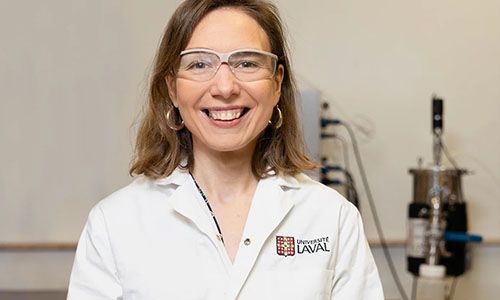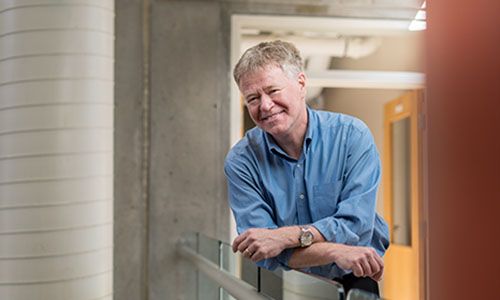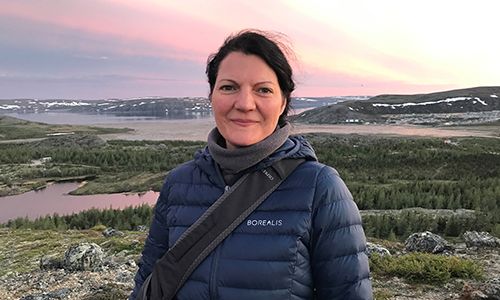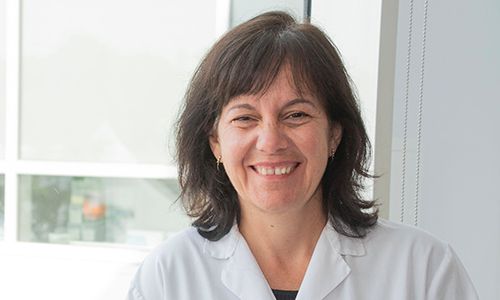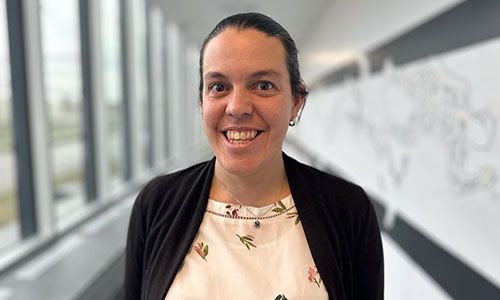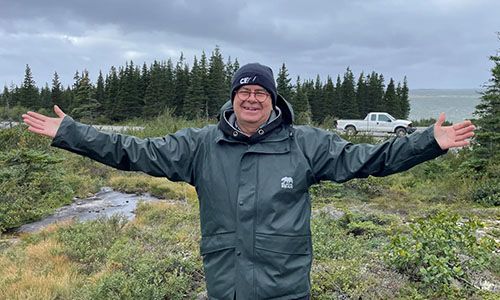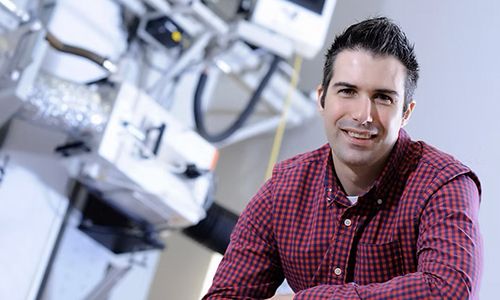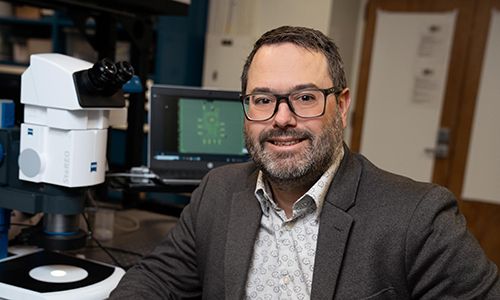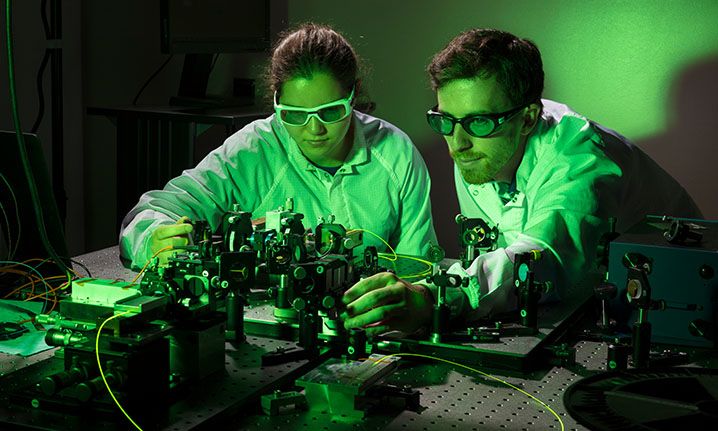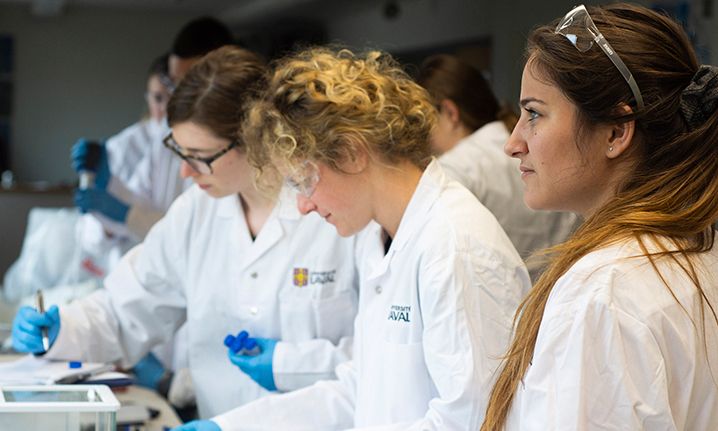Sentinel North interdisciplinary approach
In encouraging innovative collaborations and concerted action on major issues related to the northern environment and its impact on human beings, the Sentinel North strategy has transformed the research and training ecosystem at Université Laval.
A new approach to research
The increasing complexity and interconnectedness of the challenges associated with a changing North cannot be addressed within the confines of a research approach centered exclusively on one discipline. Find out how Sentinel North advocated the convergence of cutting-edge expertise to tackle more complex issues.
A transformative research strategy
In mobilizing a diverse research community and taking an approach that transcends disciplinary boundaries, the Sentinel North strategy catalyzed scientific discovery and innovation, while training a new generation of interdisciplinary researchers.
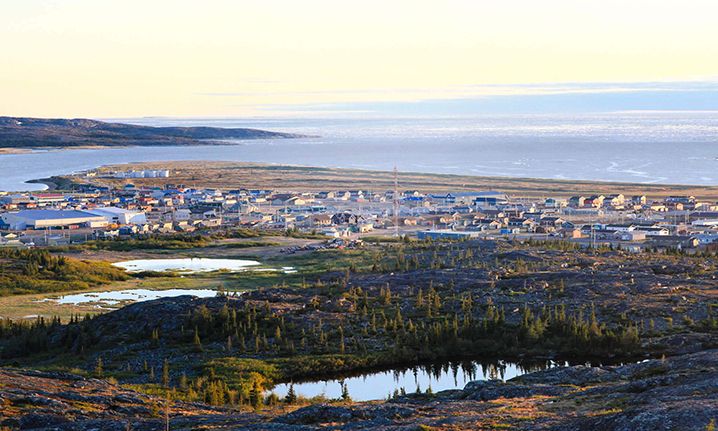
Greater impact through interdisciplinarity
Leveraging the diversity of expertise and the potential for innovation at Université Laval enabled the teams to develop bold projects and lasting synergies which have had an impact on our university’s research ecosystem.
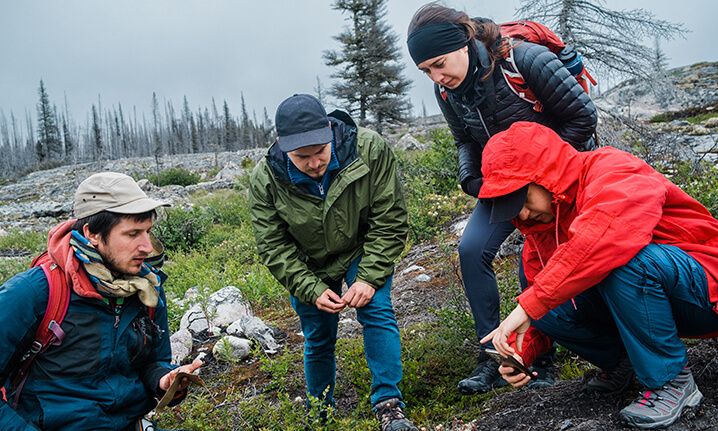
Unprecedented mobilization for the North
Building bridges between researchers in disciplines that are traditionally far removed from each other was a key approach in the Sentinel North strategy, giving rise to an influx of expertise that had previously been virtually absent from northern research. These fresh perspectives sparked new ideas and provided an impetus for lasting collaborations.
A springboard for the future of research and international collaboration
Université Laval, driven by the achievements of Sentinel North, continues to make headway by capitalizing on this legacy and the vision of a future brimming with potential. The collaboration networks that were established between disciplines laid a solid foundation for risk taking and innovative research.
Sentinel North has also established or strengthened lasting partnerships with leading institutions in 26 countries. Several concerted actions and four joint international research units have advanced Sentinel North's strategic objectives. These collaborations have fostered the sharing of cutting-edge expertise and infrastructure, while amplifying Université Laval's international reach.
The data, knowledge and collaborations stemming from Sentinel North will continue to fuel research initiatives focused on issues relating to Arctic and sub-Arctic regions. This legacy strengthens the University's ability to address major societal challenges and provide transformative solutions.
